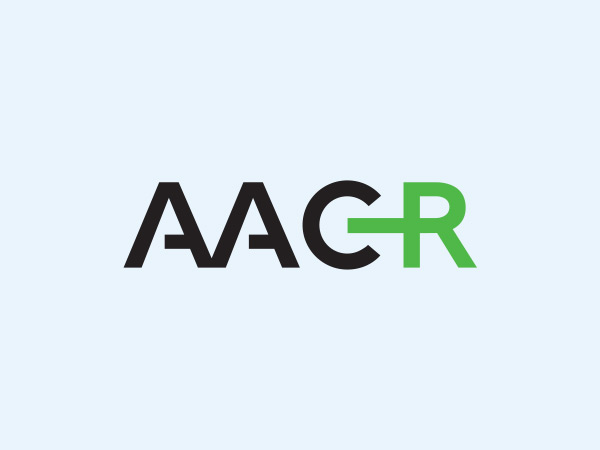FDA Expands Use of Immunotherapeutic to Kidney Cancer
On Monday, the U.S. Food and Drug Administration (FDA) announced that it had approved the use of the immunotherapeutic agent nivolumab (Opdivo) for treating certain patients with advanced renal cell carcinoma, the most common form of kidney cancer diagnosed in U.S. adults. Specifically, it is approved for treating renal cell carcinoma patients whose disease has progressed despite treatment with at least one antiangiogenic therapeutic, a form of treatment that prevents tumors from establishing the blood and lymphatic vessel networks they need to grow and survive.

Electron microscopic image of a single human lymphocyte. Nivolumab works by releasing the PD-1/PD-L1 brake on cancer-fighting immune cells called T cells, or T lymphocytes. Photo courtesy of: Dr. Triche, NCI.
Kidney cancer is among the 10 most commonly diagnosed cancers in the United States. In fact, the National Cancer Institute estimates that there will be 61,560 new cases of kidney and renal pelvis cancer diagnosed in the United States this year alone. Patients with advanced kidney and renal pelvis cancer have a particularly poor prognosis – the five-year relative survival rate for this form of the disease is just 11.8 percent.
The approval of nivolumab for advanced renal cell carcinoma was based on results from the CheckMate 025 phase III clinical trial, which were published recently in The New England Journal of Medicine. In short, nivolumab extended overall survival for patients with renal cell carcinoma that had progressed despite treatment with one or more antiangiogenic therapeutic (for example, sorafenib [Nexavar] or sunitinib [Sutent]) compared with everolimus (Afinitor), which is a recommended treatment in this situation. Specifically, overall survival was 25 months for those who received nivolumab compared with 19.6 months for those who received everolimus.
Nivolumab works by releasing the PD-1/PD-L1 brake on cancer-fighting immune cells called T cells. As a result, during its development, researchers hoped that nivolumab’s anticancer effects would not be limited to a single type of cancer. This is proving to be the case, and this week’s FDA decision expands the list of cancer types for which nivolumab is an approved treatment to three. As highlighted on this blog, it was first approved in December 2014 for treating certain patients with advanced melanoma, and earlier this year nivolumab was approved for both the squamous and nonsquamous forms of non–small cell lung cancer. With promising early results reported from a number of clinical trials testing nivolumab as a potential treatment for other types of cancer, including Hodgkin lymphoma and hepatocellular carcinoma, it is hoped that more FDA approvals for this immunotherapeutic will be seen in the near future.



